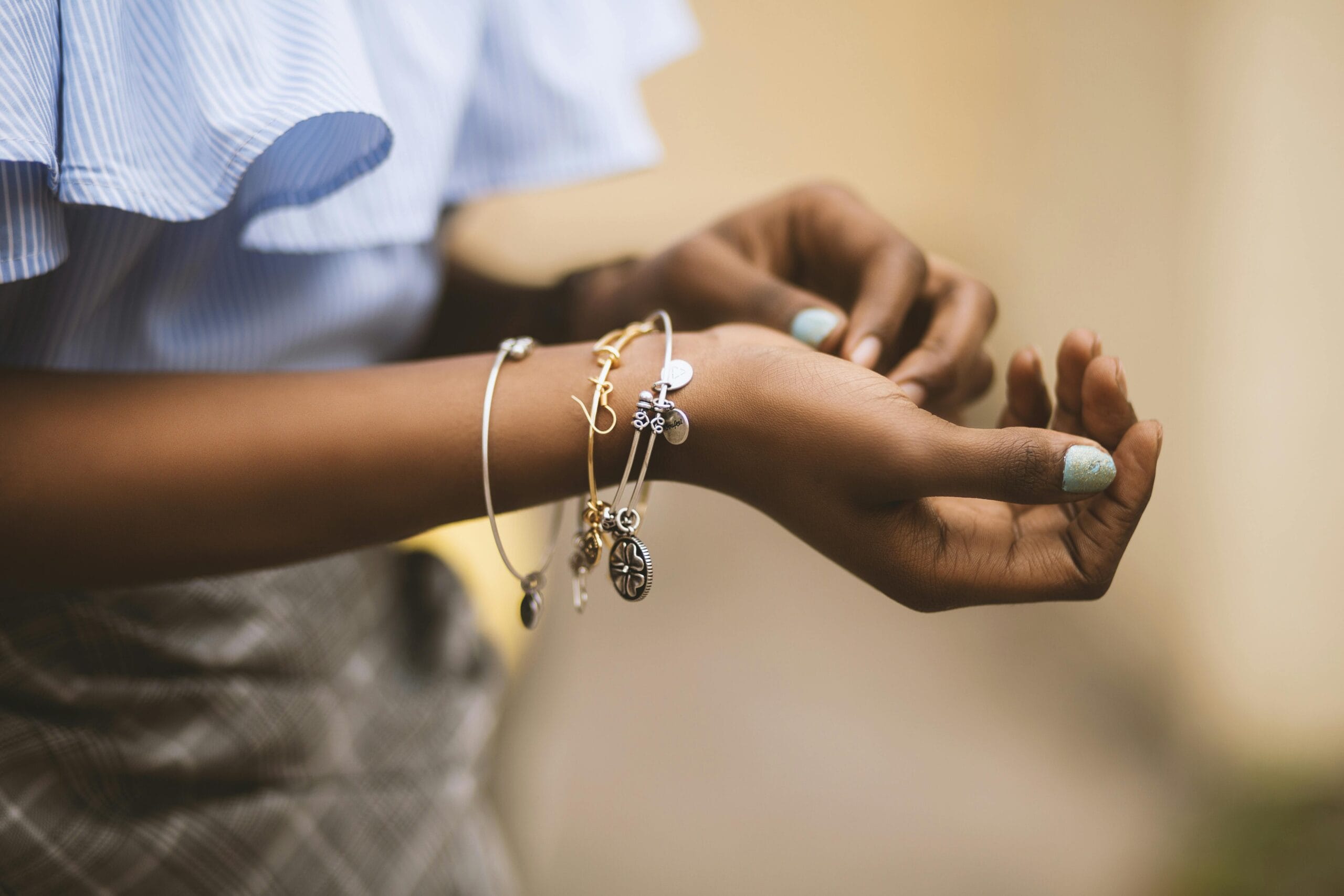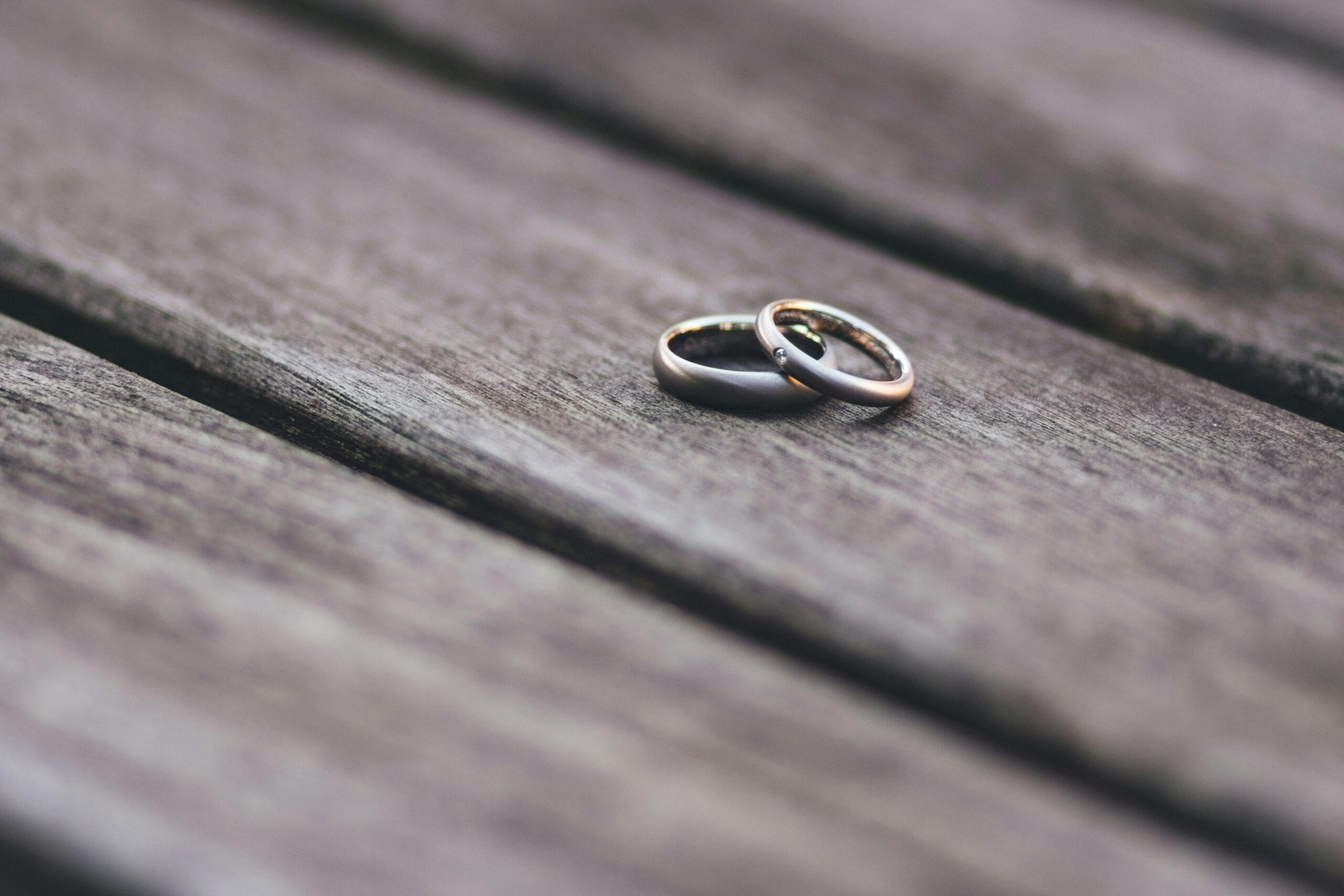Lyriah Jewelry Blog
Hypoallergenic Jewelry: A Guide for Sensitive Skin

Do you experience redness, itching, or irritation when wearing certain types of jewelry? You're not alone! Many people have sensitive skin that reacts negatively to common metals found in jewelry. But don't worry, you don't have to forgo the joy of accessorizing! Hypoallergenic jewelry is designed to minimize the risk of allergic reactions, allowing you to express your style without the discomfort. At Lyriah jewelry, we understand the importance of comfortable and safe jewelry. This guide will explore what makes jewelry hypoallergenic, the best metal options for sensitive skin, and tips for choosing and caring for your hypoallergenic pieces.
Understanding Hypoallergenic Jewelry: What Does it Really Mean?
The term "hypoallergenic" means that a product is less likely to cause an allergic reaction. However, it's important to note that no jewelry is 100% allergy-proof. What makes jewelry hypoallergenic is the absence or minimal presence of common allergens, particularly nickel.
The Culprit: Nickel and Other Common Allergens
Nickel is a common metal used in jewelry alloys to add strength and shine. Unfortunately, it's also a frequent cause of allergic contact dermatitis, a skin reaction characterized by redness, itching, and a rash. Other common allergens in jewelry include:
- Cobalt
- Lead
- Zinc
The Best Metal Options for Sensitive Skin
Choosing the right metal is crucial for avoiding allergic reactions. Here are some of the best hypoallergenic metal options:
- Platinum:Considered the most hypoallergenic metal. It's pure, durable, and naturally white. However, it can be a more expensive option.
- Titanium:Lightweight, strong, and completely nickel-free. It's a great choice for those with severe allergies.
- Surgical Stainless Steel:A very durable and affordable option that contains a low amount of nickel. Look for "316L" surgical stainless steel, which is considered the most hypoallergenic grade.
- Sterling Silver:Contains 92.5% pure silver and 7.5% other metals, usually copper. While copper is generally well-tolerated, some people may experience a reaction. Ensure your sterling silver jewelry is nickel-free.
- Niobium:A bio-compatible metal that's completely nickel-free. It's a great choice for body jewelry.
- 18k Gold and Higher:The higher the karat of gold, the less alloyed metal it contains. 24k gold is pure gold but is too soft for most jewelry. 18k gold (75% pure gold) is generally a good option, but ensure the alloy metals used are hypoallergenic. Avoid gold-plated jewelry, as the plating can wear away and expose the base metal, which may contain nickel.
Tips for Choosing Hypoallergenic Jewelry
- Read Labels Carefully:Look for jewelry specifically labeled "hypoallergenic" or "nickel-free."
- Ask Questions:Inquire about the metal composition with the jeweler, especially if you have known sensitivities.
- Consider Coatings:Some jewelry has hypoallergenic coatings, but these can wear off over time.
- Start Slowly:If you're unsure about a metal, wear the jewelry for a short period initially to see if you experience any reaction.
- Opt for Studs:Earrings are often a common trigger for allergic reactions. Choose hypoallergenic studs rather than dangling earrings.
- Prioritize Reputable Retailers:Purchasing from reputable jewelers helps guarantee the accuracy of metal content claims.
Caring for Your Hypoallergenic Jewelry
Even hypoallergenic jewelry needs proper care to maintain its integrity.
- Clean Regularly:Clean your jewelry with a soft cloth and mild soap to remove dirt and oils.
- Avoid Harsh Chemicals:Remove your jewelry before swimming, showering, or using cleaning products.
- Store Properly:Store your jewelry in a dry place to prevent tarnishing or corrosion.
With the right knowledge and choices, you can enjoy wearing beautiful jewelry without the discomfort of allergic reactions. At Lyriah jewelry, we're committed to providing you with a wide selection of stylish and hypoallergenic jewelry options to suit your sensitive skin needs.
Do you have any tips for dealing with jewelry allergies? Share them in the comments below!


